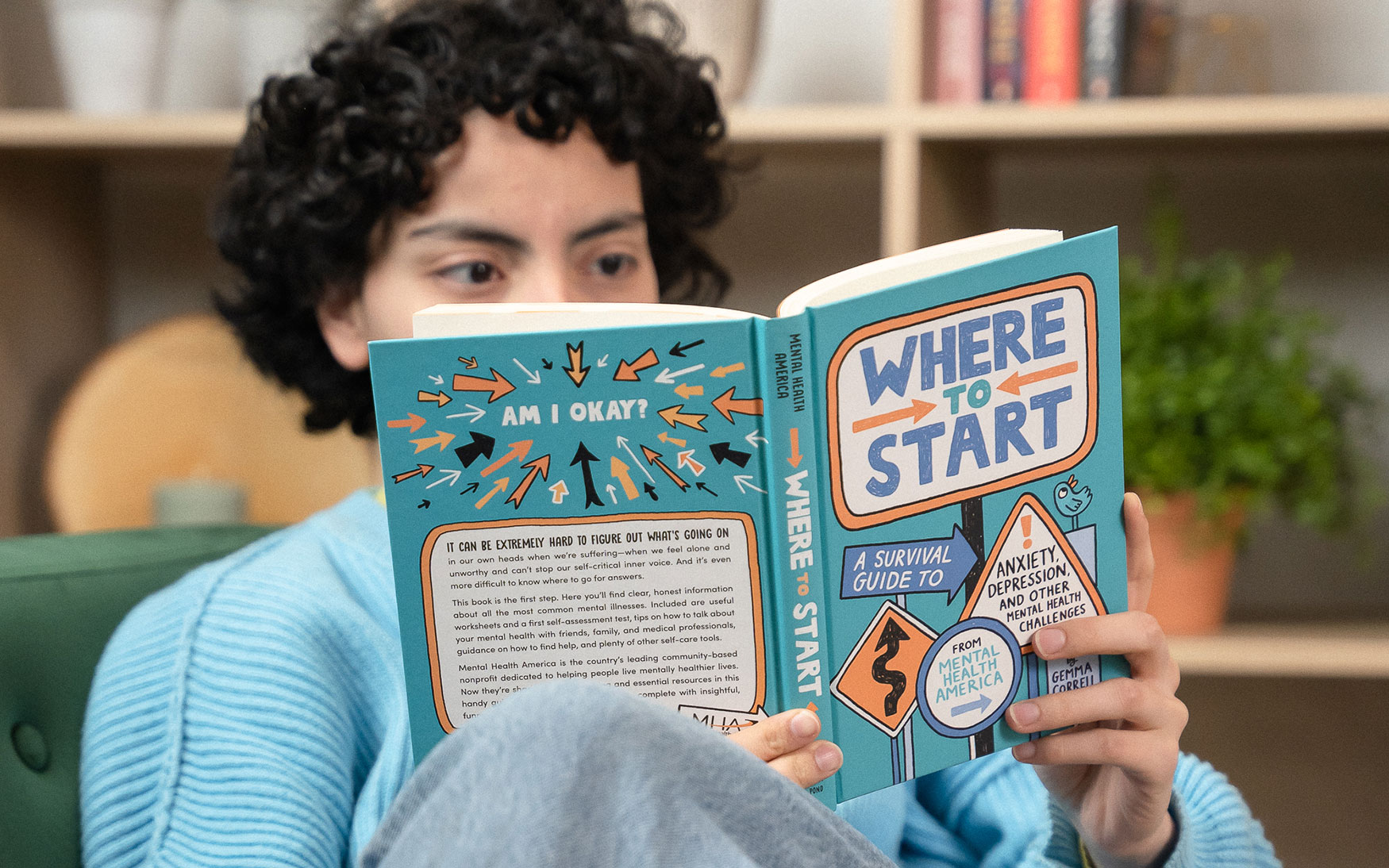Why do I compare myself to others online?
Social media can be hard to escape – nearly everyone (95%) ages 13-17 uses social media, and more than a third of young people say they use it “almost constantly.” While a lot of good can come from social media, it also allows us to be very aware of others’ lives and judge ours against theirs.
How social media fuels comparison
The tendency to compare yourself to others is normal. It’s human nature to look to others to guide your own thoughts and actions, and sometimes this can help provide inspiration or motivation. But online, we see what more people are doing more often than we would in real life, and it can make them seem “better” than us in some way. Algorithms play a role in this by promoting already-popular posts and content designed to go viral. You might not even realize these thoughts of comparison popping up as your mind moves just as fast as you scroll.
Common comparison traps
Many young people today are struggling with body image and insecurities. Social media is full of classmates, influencers, and celebrities showing off their “perfect” looks — most of which are edited and filtered.
The reality is that you only see a small sample of what people look like the way they want to be seen. Even if you know that social media doesn’t represent all the different body types, skin tones, or kinds of hair people have in the real world, seeing what and who gets likes and views might make you feel like you also need to look like that.
Your social media profile can feel like all of you instead of just part of what you show the world, which makes it easy to take things personally. Maybe you have fewer followers than your classmates, don’t get many views on TikTok, or know people watch your stories but they don’t like your posts. It can be hard to ignore the reaction — or lack of reaction — you get online.
Having FOMO — that feeling of worry or insecurity about missing out on an event or opportunity — is common. Everyone misses out on different things occasionally, but it might feel like these missed opportunities are thrown in your face on social media. Maybe everyone’s posting about the big game that you had to skip, or your feed is full of prom-posals while you’re still waiting.
hese feelings can snowball and contribute to loneliness and low self-esteem. FOMO can even be part of why it feels so hard to disconnect from social media. Many people feel like they’re addicted to checking social media and knowing what their peers are up to. Completely disconnecting isn’t always the answer, and not participating in social media can leave you feeling like you’re also missing out.
Tips to avoid social comparison
Whether you log out for a few days or set daily time limits, spending less time on social media can give your brain a rest. Judging yourself is exhausting, and it’s healthy to take a step back and reconnect with the world outside of your phone.
Don’t let online relationships replace face-to-face interactions. Gather some friends and spend some time with each other in person. Try putting phones out of reach to help break the habit of mindless scrolling or checking notifications.
Pay attention while scrolling. What things make you feel insecure, anxious, or lonely? Your social media is meant to be for you. Unfollow accounts that post triggering content, mute/snooze posts from the classmate whose relationships you’re jealous of, and absolutely remove and report people who are bullying you in comments or posts.
Everyone is good at different things, and some of these talents are hard to show off online. Think about what makes you feel good about yourself. Doing more of those activities can make it easier when you see other people succeed.
No one’s life looks exactly like it does online. Social media is a “highlight reel.” Most people aren’t posting the other hundred selfies it took them to get “the one,” a test they failed, or how many times they fell before they did the perfect kickflip.
Take a mental health test
Online screening is one of the quickest and easiest ways to determine whether you are experiencing symptoms of a mental health condition
Where to Start
Our book "Where to Start" tackles the issues you might see during this return to school with a jargon-free approach to understanding mental health.



